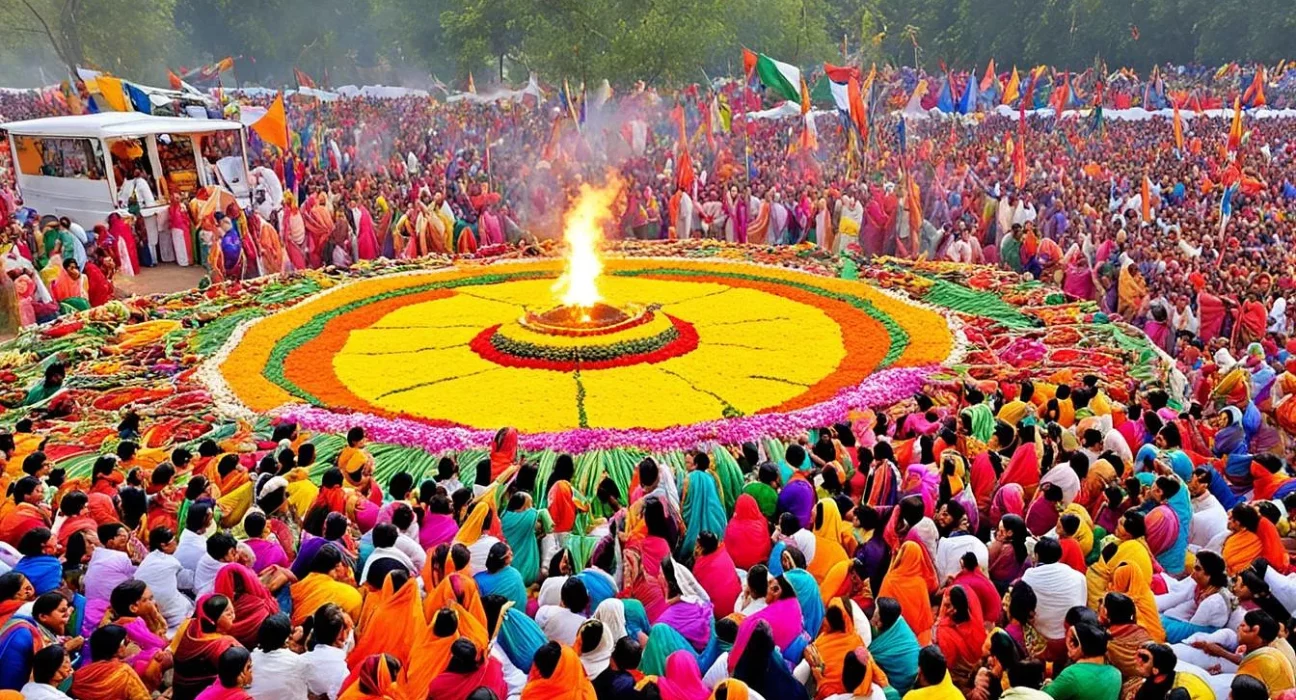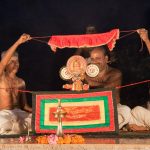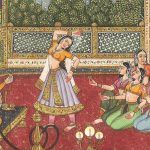The Significance of Harvest Festivals Across India

In a country as diverse as India, festivals are celebrated with fervor, joy, and deep-rooted cultural traditions. Among the various festivals that mark the Indian calendar, harvest festivals hold a special place in the hearts of millions. These festivals celebrate the bounty of nature, the fruits of labor, and the connection between communities and the land. Across India, harvest festivals are celebrated with unique customs and rituals that not only reflect the agricultural traditions but also reinforce the bond between people and the earth. These festivals also symbolize gratitude for the harvest, mark the change of seasons, and signify the beginning of a new cycle of agricultural activity.
The significance of harvest festivals can be seen in the way they bring people together, create a sense of unity, and offer an opportunity for rest and rejuvenation after the harvest season. Let’s explore some of the major harvest festivals celebrated across India and understand their cultural importance.
Pongal: The Festival of Abundance in Tamil Nadu
Pongal, celebrated primarily in Tamil Nadu, is one of the most important harvest festivals in South India. It is dedicated to the Sun God, Surya, and marks the beginning of the Tamil month of Thai. The festival, which spans four days, is a time to give thanks for the harvest and seek blessings for future crops. The first day, called Bhogi, is dedicated to cleaning and discarding old belongings, symbolizing the removal of negativity and making space for new growth. The second day, known as Pongal, is the main day of celebration, where families cook the traditional dish, also called “Pongal,” made of freshly harvested rice, milk, and jaggery. The third day is called Mattu Pongal, which honors the cattle and animals that help in farming. The final day, Kaanum Pongal, is a time for families to come together and enjoy the festive spirit.
Pongal is not just about celebrating the harvest; it is also about the community coming together to appreciate nature’s bounty, and the rituals reflect a deep reverence for the earth and its fertility.
Makar Sankranti: The Festival of the Sun
Makar Sankranti is one of the most widely celebrated harvest festivals in India, observed with great enthusiasm across various states. It marks the transition of the Sun into the zodiac sign of Capricorn (Makar) and is celebrated with different names in different regions, such as Lohri in Punjab, Uttarayan in Gujarat, and Pongal in Tamil Nadu. The festival is associated with the end of winter and the arrival of longer days, symbolizing the victory of light over darkness.
In many parts of India, Makar Sankranti is marked by kite flying, feasts, and bonfires. In Gujarat, the skies are filled with colorful kites, while in Maharashtra, people prepare sweets made of sesame and jaggery. The festival is a time to express gratitude for a bountiful harvest and to look forward to the new farming season. Makar Sankranti also has deep spiritual significance, as it is considered an auspicious time for charitable acts and seeking blessings from elders.
Baisakhi: A Celebration of New Beginnings in Punjab
Baisakhi is a major harvest festival celebrated in the state of Punjab, marking the beginning of the harvest season for the rabi crops. The festival holds both agricultural and religious significance. For farmers, it is a time to celebrate the successful harvest of wheat and other crops. For Sikhs, Baisakhi holds special importance as it commemorates the formation of the Khalsa in 1699 by Guru Gobind Singh Ji. The day is celebrated with great enthusiasm in gurdwaras, where devotees gather to offer prayers and listen to hymns.
In Punjab, Baisakhi is marked by vibrant processions, dancing, and traditional music. The folk dance Bhangra is performed in fields, celebrating the joy of the harvest and the spirit of the community. The festival is also a time for family gatherings and feasts, where dishes made from the fresh harvest are enjoyed.
Onam: The Grand Harvest Festival of Kerala
Onam, the harvest festival of Kerala, is one of the most significant cultural celebrations in the state. It is celebrated to mark the homecoming of the mythical King Mahabali, who is believed to visit his people once every year during Onam. The festival is a reflection of Kerala’s agricultural heritage and is associated with the harvest of rice, particularly the “Onam rice,” which is grown during the season.
The celebrations last for ten days, with the grand final day being the most significant. Traditional rituals include the Onam Sadhya, a grand feast served on banana leaves, featuring a variety of vegetarian dishes made from seasonal ingredients. The festival is also marked by intricate flower decorations called “Pookalam,” cultural performances like Kathakali dance, and the famous boat race, Vallam Kali. Onam celebrates the abundance of nature, the spirit of togetherness, and the values of prosperity, peace, and harmony.
The Significance of These Festivals
Harvest festivals in India are more than just an opportunity to celebrate the abundance of nature. They are deeply connected to the cultural and spiritual fabric of society. These festivals are a time to express gratitude to nature, seek blessings for future prosperity, and connect with family and community.
In many regions, the harvest season also symbolizes the cycle of life—sowing, nurturing, and reaping—which is seen as an ongoing process of renewal. The rituals, dances, music, and feasts associated with harvest festivals reflect a celebration of life, abundance, and gratitude.
These festivals also have a broader socio-economic significance. For farmers, they represent a time to take a break from the labor-intensive harvest process and share the fruits of their labor with others. The rituals associated with these festivals often include prayers for a good harvest in the coming year, promoting a sense of hope and resilience in the face of challenges.
Conclusion
Harvest festivals in India are an integral part of the cultural landscape, offering a glimpse into the country’s rich agricultural traditions and values. From the joyous celebrations of Pongal and Makar Sankranti to the vibrant and colorful festivities of Baisakhi and Onam, these festivals showcase the diversity of India’s agricultural heritage and the deep connection between people and the land. As these festivals continue to thrive, they remind us of the importance of nature, community, and the cyclical rhythms of life.










